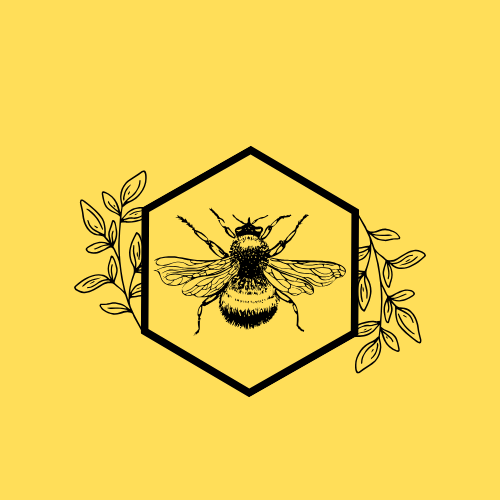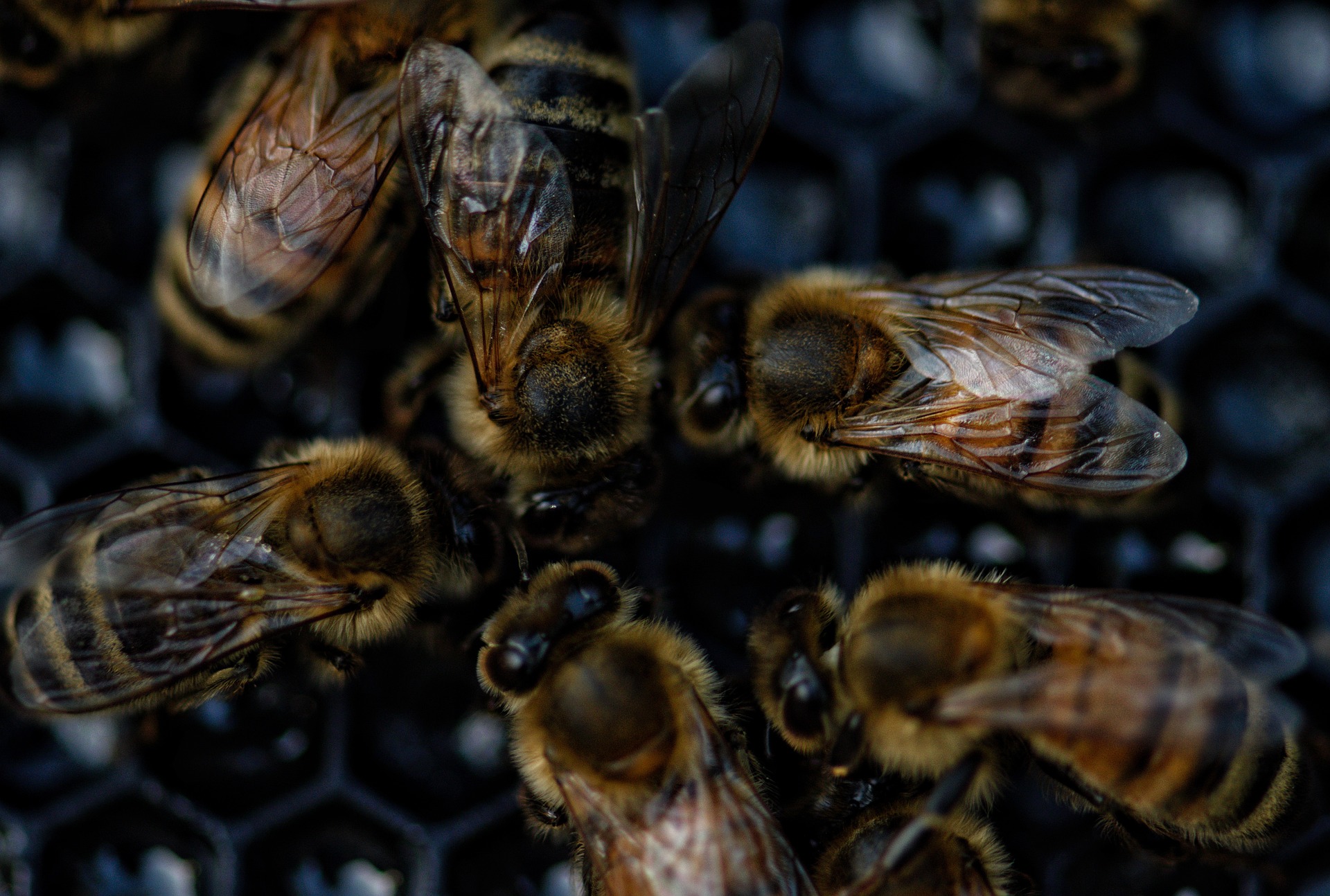.png)
A Sustainable Commitment to Community and Environment

Our Mission:
At Bantu Bees, we're more than just beekeepers. We're dedicated to fostering a sustainable future through regenerative farming practices and community engagement. Our mission is threefold:
• Protect and Preserve Bees: We're committed to safeguarding bee populations by providing optimal living conditions, reducing pesticide exposure, and promoting biodiversity.
• Promote Sustainable Agriculture: Our aquaponic system offers a sustainable and efficient way to produce food, while our insect farming contributes to a balanced ecosystem.
• Empower Communities: We're dedicated to empowering local communities through education, job creation, and social initiatives.
At Bantu Bees, we're more than just beekeepers. We're dedicated to fostering a sustainable future through sustainable farming practices and community engagement.
Our Initiatives:
1. Antivenom Research
We're exploring the potential of bee venom to develop effective antivenom treatments for bee stings. This research could have significant implications for public health (Müller, 2013).
2. Wax Candle Donations
We donate beeswax candles to rural communities. These candles provide a clean and sustainable source of light, reducing reliance on harmful kerosene lamps (World Health Organization, 2009).
3. Bee Relocation and Rehoming
If we encounter unwanted beehives, we'll carefully relocate them to our farm. This ensures the safety of the bees and prevents unnecessary harm to the colony.
4. Community Education and Awareness
We're committed to educating the community about the importance of bees and the threats they face. Through workshops, school programs, and public outreach, we aim to inspire a new generation of bee enthusiasts and environmental stewards.

Reaching for the heavens:
By embracing these initiatives, we strive to create a positive impact on our environment, our community, and the future of beekeeping
• Bebbington, A., 1999. Capitals and capabilities: a framework for analyzing peasant viability, rural livelihoods and poverty. World development, 27(12), pp.2021-2044.
• Diver, S., 2006. Aquaponics—integration of hydroponics with aquaculture. ATTRA-National Sustainable Agriculture Information Service, 1, pp.1-4.
• Müller, U.R., 2013. Bee venom immunotherapy. Allergy, 68(2), pp.133-138.
• Potts, S.G., Biesmeijer, J.C., Kremen, C., Neumann, P., Schweiger, O. and Kunin, W.E., 2010. Global pollinator declines: trends, impacts and drivers. Trends in ecology & evolution, 25(6), pp.345-353.
• World Health Organization, 2009. WHO guidelines for indoor air quality: selected pollutants. World Health Organization.







.png)
.png)
.png)
.png)
.png)